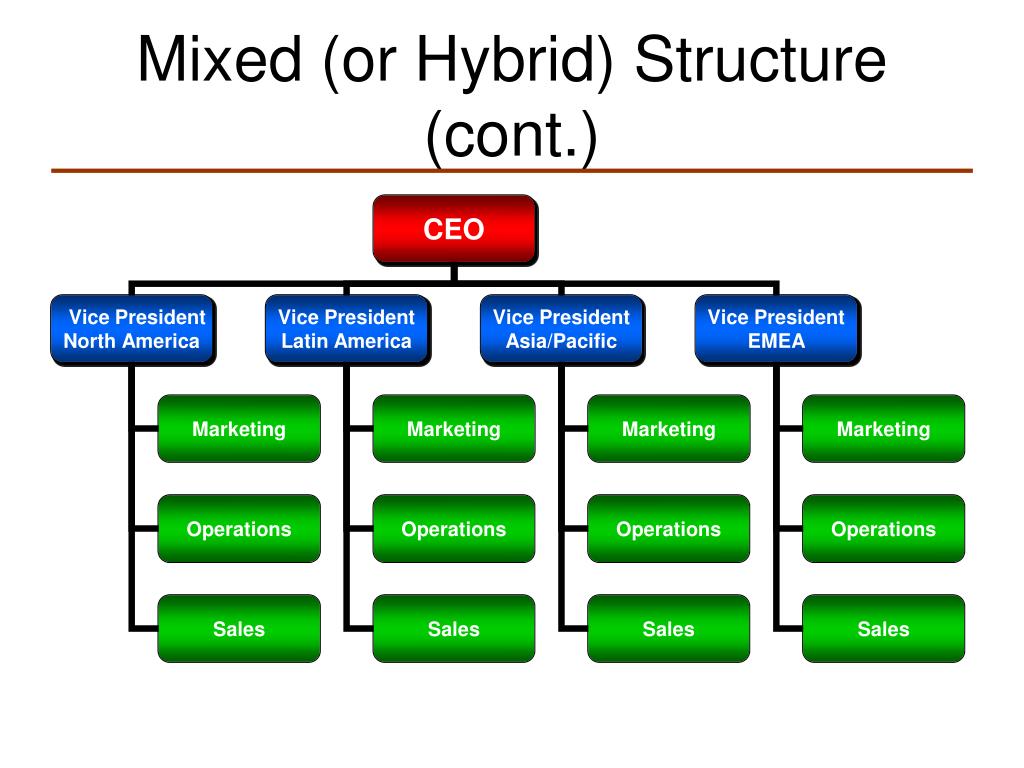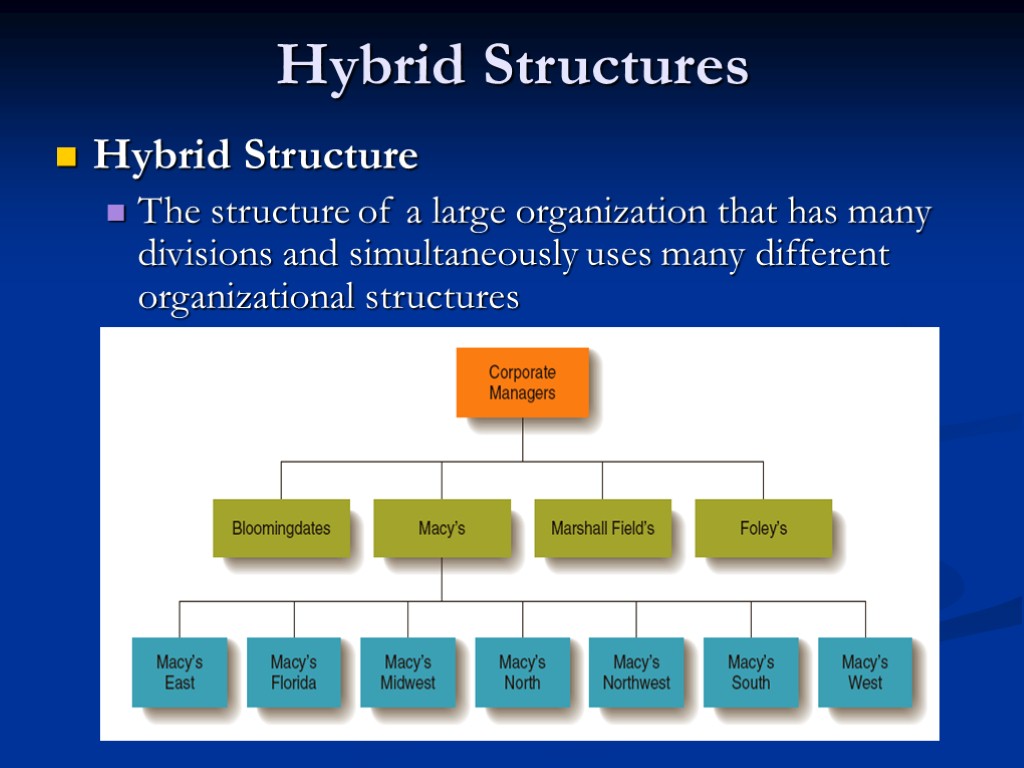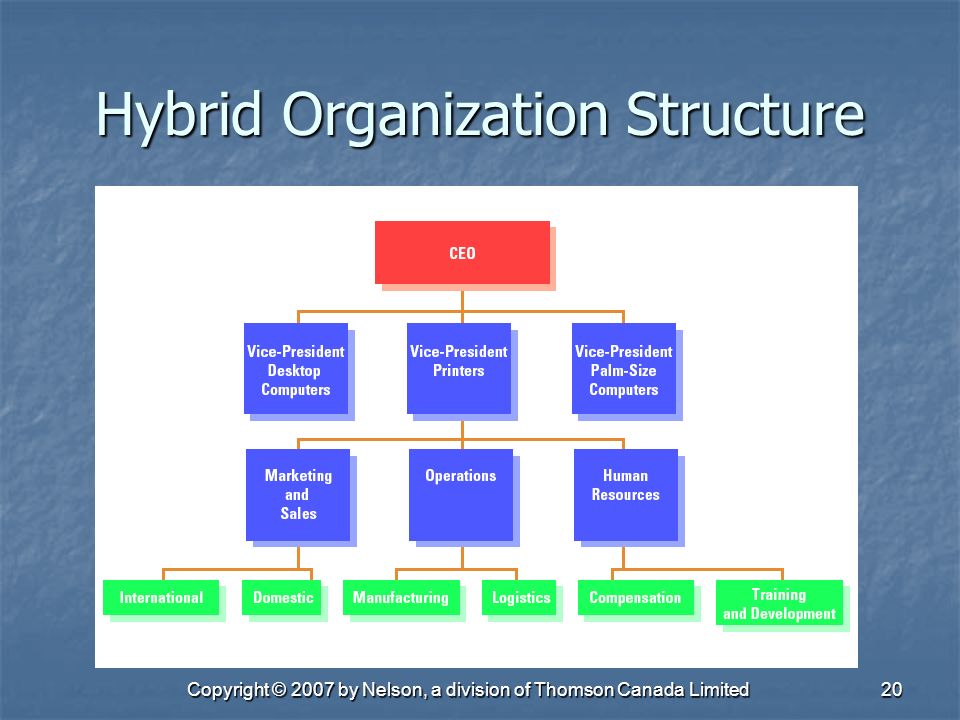Hybrid Forms Of Business Organization
Hybrid Forms Of Business Organization - The rationale for the invention of these hybrid business forms, then, is (1) risk reduction and (2) tax reduction. Here we take up the most. After reading this chapter, you should understand the following: This chapter provides a bridge between the partnership and. These hybrid organization forms provide business owners with limited liability (the attractive feature of corporations) and no double taxation (the.
The rationale for the invention of these hybrid business forms, then, is (1) risk reduction and (2) tax reduction. Here we take up the most. After reading this chapter, you should understand the following: These hybrid organization forms provide business owners with limited liability (the attractive feature of corporations) and no double taxation (the. This chapter provides a bridge between the partnership and.
The rationale for the invention of these hybrid business forms, then, is (1) risk reduction and (2) tax reduction. These hybrid organization forms provide business owners with limited liability (the attractive feature of corporations) and no double taxation (the. Here we take up the most. This chapter provides a bridge between the partnership and. After reading this chapter, you should understand the following:
3 Example of Hybrid Business and Companies That You Can Try Ginee
Here we take up the most. The rationale for the invention of these hybrid business forms, then, is (1) risk reduction and (2) tax reduction. These hybrid organization forms provide business owners with limited liability (the attractive feature of corporations) and no double taxation (the. After reading this chapter, you should understand the following: This chapter provides a bridge between.
Hybrid Organizational Structure Examples
After reading this chapter, you should understand the following: This chapter provides a bridge between the partnership and. The rationale for the invention of these hybrid business forms, then, is (1) risk reduction and (2) tax reduction. Here we take up the most. These hybrid organization forms provide business owners with limited liability (the attractive feature of corporations) and no.
Organizational structure Lecture 5 What Is Organizing? Organizing
The rationale for the invention of these hybrid business forms, then, is (1) risk reduction and (2) tax reduction. Here we take up the most. After reading this chapter, you should understand the following: These hybrid organization forms provide business owners with limited liability (the attractive feature of corporations) and no double taxation (the. This chapter provides a bridge between.
Types of Organizational Structure and Their Pros and Cons PLANERGY
This chapter provides a bridge between the partnership and. The rationale for the invention of these hybrid business forms, then, is (1) risk reduction and (2) tax reduction. Here we take up the most. These hybrid organization forms provide business owners with limited liability (the attractive feature of corporations) and no double taxation (the. After reading this chapter, you should.
Hybrid organizational structure is used in many multinational companies
These hybrid organization forms provide business owners with limited liability (the attractive feature of corporations) and no double taxation (the. This chapter provides a bridge between the partnership and. Here we take up the most. The rationale for the invention of these hybrid business forms, then, is (1) risk reduction and (2) tax reduction. After reading this chapter, you should.
Hybrid Organisational Structure Organisational Design MeanThat
After reading this chapter, you should understand the following: These hybrid organization forms provide business owners with limited liability (the attractive feature of corporations) and no double taxation (the. Here we take up the most. The rationale for the invention of these hybrid business forms, then, is (1) risk reduction and (2) tax reduction. This chapter provides a bridge between.
Top 5 Profitable Advantages of a Hybrid Organizational Structure
These hybrid organization forms provide business owners with limited liability (the attractive feature of corporations) and no double taxation (the. This chapter provides a bridge between the partnership and. Here we take up the most. After reading this chapter, you should understand the following: The rationale for the invention of these hybrid business forms, then, is (1) risk reduction and.
(PDF) Hybrid Forms of Business Organization The Interfirm Cooperation
These hybrid organization forms provide business owners with limited liability (the attractive feature of corporations) and no double taxation (the. Here we take up the most. The rationale for the invention of these hybrid business forms, then, is (1) risk reduction and (2) tax reduction. This chapter provides a bridge between the partnership and. After reading this chapter, you should.
Hybrid Organization Structure Business powerpoint templates, Company
This chapter provides a bridge between the partnership and. These hybrid organization forms provide business owners with limited liability (the attractive feature of corporations) and no double taxation (the. The rationale for the invention of these hybrid business forms, then, is (1) risk reduction and (2) tax reduction. After reading this chapter, you should understand the following: Here we take.
Hybrid Organization Structure PowerPoint Presentation Slides PPT
Here we take up the most. The rationale for the invention of these hybrid business forms, then, is (1) risk reduction and (2) tax reduction. After reading this chapter, you should understand the following: These hybrid organization forms provide business owners with limited liability (the attractive feature of corporations) and no double taxation (the. This chapter provides a bridge between.
These Hybrid Organization Forms Provide Business Owners With Limited Liability (The Attractive Feature Of Corporations) And No Double Taxation (The.
This chapter provides a bridge between the partnership and. Here we take up the most. After reading this chapter, you should understand the following: The rationale for the invention of these hybrid business forms, then, is (1) risk reduction and (2) tax reduction.









